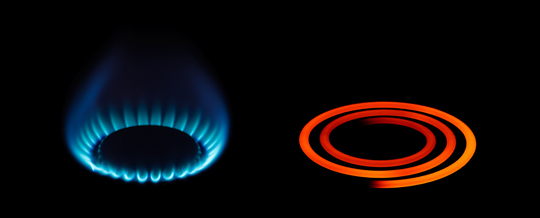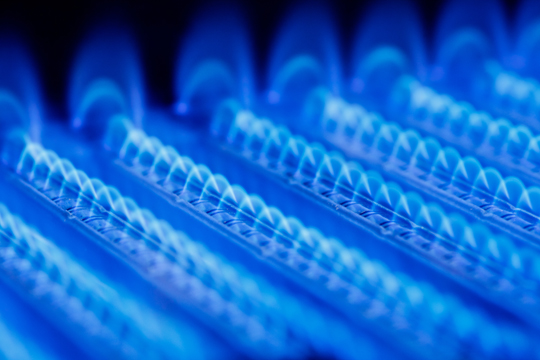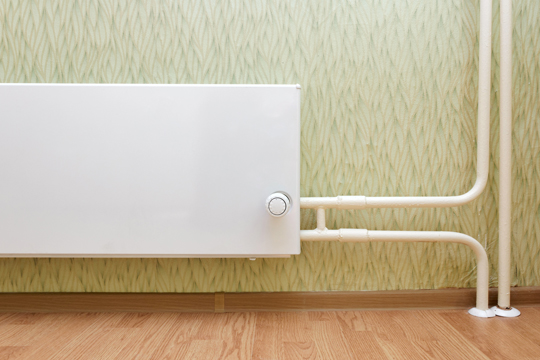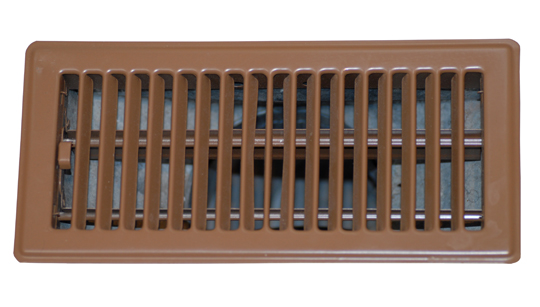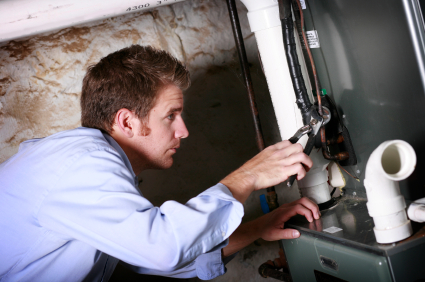An electric heating system is cheaper and easier to install, not requiring a chimney, like a gas heating system does. On the other hand, electricity costs more than gas so the operational costs of a gas heater are lower than an electric heater. In addition, gas heating warms up bigger spaces better than electric heating, although the latter may be more cost-effective for small spaces.
Here’s a more detailed look at how electric and gas central heating compare with each other when it comes to installation, cost, and safety.
As mentioned above, a gas heating system requires a chimney through which gas emissions will be vented. In general, when a chimney is installed, a venting and air duct system must also be installed throughout the house. Also, a gas heater is quite large and will require professional installation.
As for wall-mounted electric heaters, they also need to be professionally installed, but the job is much easier and can actually be done by homeowners. If using portable electric heaters, these do not need to be installed.
Two things should be considered when comparing the cost of electric versus gas central heating: the cost of installation and the cost of operation. It is more expensive to install a gas heating system than an electric one because, as described above, it needs a centralized furnace to be installed with vent outlets. Electric heaters are relatively cheaper to put in.
In terms of the operating cost, however, gas heaters win because of the fact that gas is typically cheaper than electricity. Also, a gas heater generates more heat than an electric heater in the same length of time. An electric space heater is the cheaper option if you plan to heat up only a small space and only at lower temperatures.
A radiant heater, a common type of electric heater, produces focused heat and can pose risks of ignition. An electric space heater can also cause household fires, so make sure to keep them at least three feet away from combustibles like drapes and bedding.
With gas heaters, if you’re using a ventless system, it is crucial that it is installed in a properly ventilated space and that the occupants turn off the unit before sleeping. Gas that did not burn completely might release hazardous gases like carbon monoxide.
If you’re not sure which heating system will work best for you, consult with an HVAC expert who knows everything about electric, gas central heating and all other types of heating for your home. Use TalkLocal to get in touch with reputable heating professionals quickly and easily. Contact us now!
Tags: Comparing Electric and Gas Central Heating

